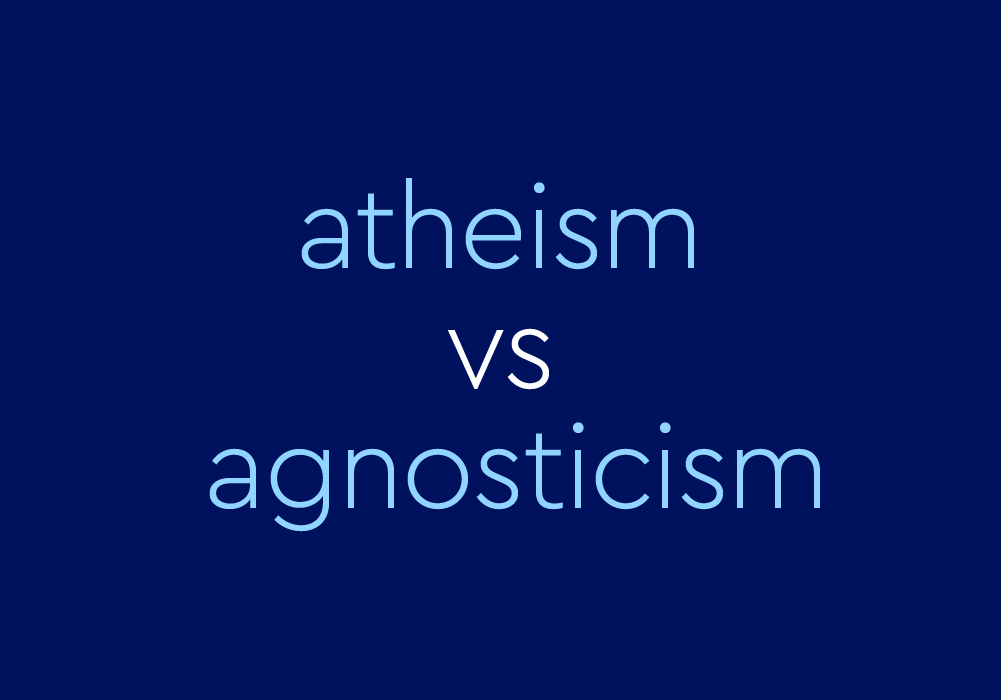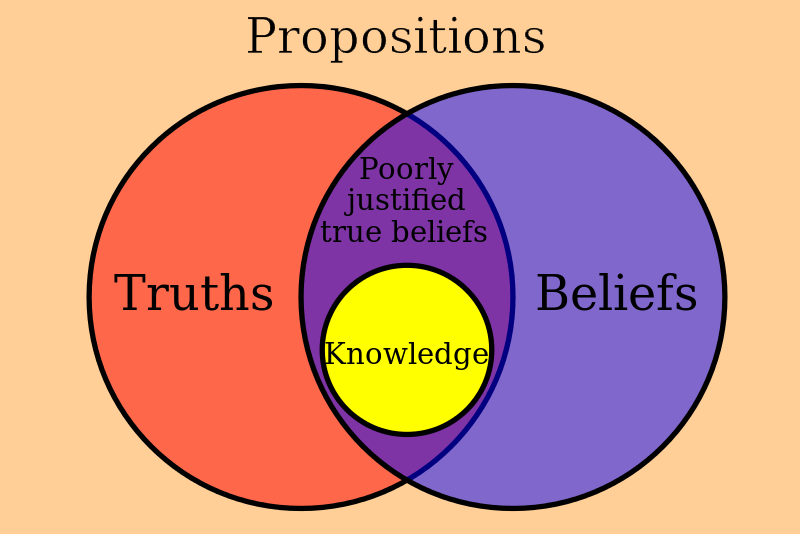Agnostic Definition In History
This is also an uncomplicated idea but it may be as misunderstood as atheism. An agnostic is anyone who doesnt claim to know whether any gods exist or not.

What Is Agnosticism How Does It Relate To Knowledge And Beliefs Answers In Reason
To what degree this is unknowable will vary from individual to individual.

Agnostic definition in history. Agnostic n 1870 one who professes that the existence of a First Cause and the essential nature of things are not and cannot be known Klein. The word agnostic was coined by the English biologist TH. Huxley supposedly in September 1869 from Greek agnostos unknown unknowable from a- not see a- 3 gnōstos to be known from PIE root gno- to know.
Not of course the Socrates of Plato s Republic the would-be founding father of an ideal totalitarian statebut the shadowy historical Socrates supposedly hailed by the oracle of Apollos Delphi as the wisest of menwho knew what and how much he did not know. A humanist goes one step further. Your grandmother might be a devout believer while your mom is agnostic.
An agnostic is one who believes that the existence of God is unknown and most likely beyond human ability to discover. Agnosticim is a belief system that is even more unstructured than Atheism. Also included are individuals who have expressed the view that the veracity of.
Atheism claims that God does not existan unprovable position. One who is not committed to believing in either the existence or the nonexistence of God or a god. Agnosticism is a more intellectually honest form of atheism.
Historical usage of agnostic. A person who is unwilling to commit to an opinion about something. Huxley coined this noun referring to someone whose religious beliefs lie somewhere in between those of a theist and an atheist that is a believer and a disbeliever.
Huxley in 1869 as a member of the now defunct Metaphysical Society in response to what he perceived as an abundance there of strongly held beliefs. Agnostic is simply a statement about your belief in God. Pauls account upon his visitation in one of the temples of Greece with an inscription on the altar with the Greek words agnosto theos which means to the unknown God.
Agnosticism is in itself not a religion but merely the belief that any knowledge of God is unknowable. An agnostic states that he does not know whether God exists or not - and that is about it. In 1869 English biologist TH.
The word agnostic was coined in 1869 by T. Huxley from the Greek roots a - not and - gnostic knowing. An agnostic is one who admits I dont know The term is applied specifically to those who dont know for certain whether or not God exists.
Agnostics do not deny the existence of Godinstead they hold that one cannot know for certain whether or not God exists. 481-411 bce considered to be the most gifted and original brain among the sophists He is supposed to have written a book On the Gods as a result of which he was prosecuted for blasphemy. The term agnosticwas coined by the 19th-century British scientist Thomas H.
Agnostic was derived from the Greek word agnostos which means to not knowThe term agnostic was inspired by St. The History of Agnosticism The intellectual father of agnosticism is the Greek philosopher Protagoras c. Agnosticism is the view that the existence of God is impossible to be known or proven.
Huxley combined the Greek prefix a- meaning not with gnostos known. Listed here are persons who have identified themselves as theologically agnostic. One major problem is that atheism and agnosticism both deal with questions regarding the existence of gods.
Agnosticism from Greek agnōstos unknowable strictly speaking the doctrine that humans cannot know of the existence of anything beyond the phenomena of their experience. The ancestry of modern secular and atheist agnosticism may be traced back to the Sophists and to Socrates in the 5th century bce. An atheist is one who denies the existence of a deity or of divine beings.
Agnosticism make no comment upon morality or how you should lead your life. The term has come to be equated in popular parlance with skepticism about religious questions in general and in particular with the rejection of traditional Christian beliefs under the impact of modern scientific thought. The original usage of the term was confined to philosophy and religion and referred to Huxleys assertion that anything beyond the.
Huxley who believed that only material phenomena were objects of. A person who holds the view that any ultimate reality such as God is unknown and probably unknowable broadly. Agnostic - Sitting on the Fence.
An agnostic is one who believes it impossible to know anything about God or about the creation of the universe and refrains from the commitment to any religious doctrine.
I Am An Agnostic I Believe In God I Simply Do Not Believe In Man Are Other Agnostics Satisfied Or Critical Of My Explanation Quora

Agnosticism And Atheism A Spectrum Atheism Agnostic Theism

Atheism Vs Agnosticism What S The Difference Dictionary Com

Pin On Atheist Memes And Comics

My Favorite Quote As Of Now Mark Twain Quotes Agnostic Quotes Atheist Quotes

Agnosticism In Fact Is Not A Creed But A Method The Essence Of Which Lies In The Rigorous Application Of Agnostic Atheist Agnostic Interfaith Relationship

Pin On Something To Think About

Agnostic Religion History Beliefs Definition More World Religions

Pin By David Moeller On Infographics Atheist Agnostic Atheist Atheism

Agnostic Ish My Search For Faith In A Scientific World By Christian Keil Pronounced Kyle Medium

Pin By Anthony Milanovic On Truths History And Research When You Realize Atheist Humor Cool Things To Make

Difference Between Agnostic And Atheist Definition Types Belief Etc Confusing Words Psychology Notes Writing Words

Pin By Simon J On Lessons To Be Learned Agnostic Atheist Atheism





Post a Comment for "Agnostic Definition In History"